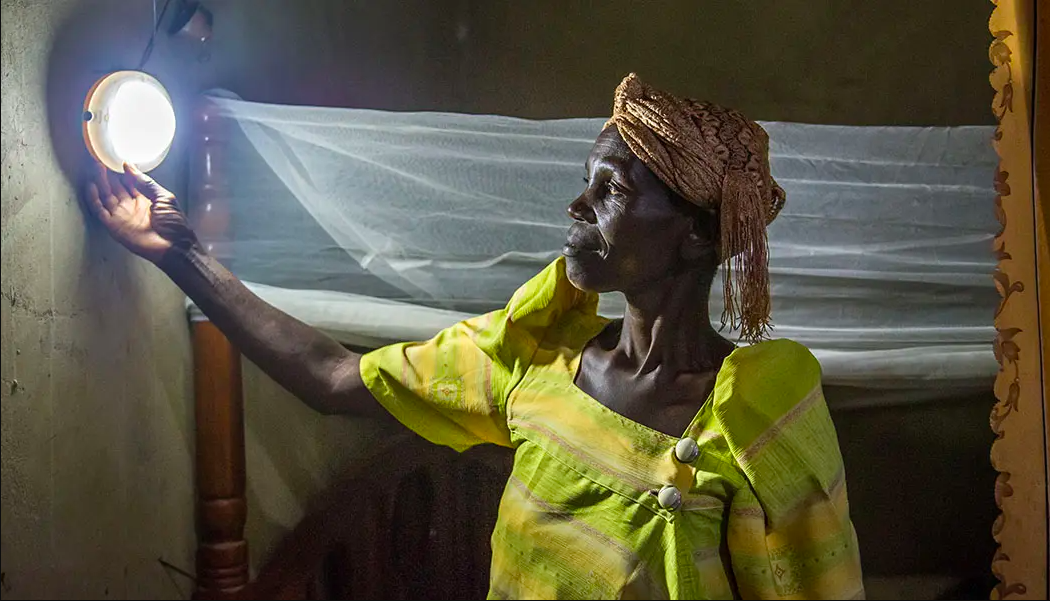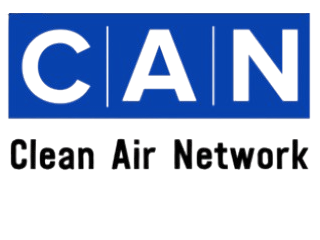
Clean Air Network is working to replace harmful Etadoba kerosene lamps in Uganda’s urban slums with clean solar alternatives through innovative, community-centered approaches. Recognizing that over 50% of these households rely on kerosene lamps that emit harmful gases, Clean Air Network focuses on improving indoor air quality and addressing health risks in congested areas through affordable solar lighting solutions.
Community Awareness and Education Programs
Clean Air Network’s efforts start with community education. Teams conduct regular workshops in local marketplaces, schools, and community centers to inform residents about the risks of Etadoba lamps and the health benefits of solar lighting. In collaboration with local leaders, they share demonstrations of solar lamps, focusing on how these alternatives improve indoor air quality and reduce health risks.
Flexible Financing and Pay-As-You-Go Models
To make solar lamps affordable, Clean Air Network partners with microfinance institutions to offer flexible financing options. This includes a pay-as-you-go (PAYG) model that enables households to purchase solar lamps in small, manageable installments, reducing the upfront costs. Households can make daily, weekly, or monthly payments via mobile money, making solar lighting financially accessible to low-income families.
Local Solar Sales Agents and Entrepreneurship Support
To support long-term accessibility, Clean Air Network recruits and trains local youth and women as solar sales agents, empowering them to sell solar lamps within their communities. These agents earn commissions, fostering local employment while making clean energy readily available. In partnership with entrepreneurship programs, the organization provides sales and business training to equip agents with the skills to sustain these sales independently.
Community-Based Pilot Programs and Data Collection
Before rolling out solar lamps widely, Clean Air Network runs pilot programs in select communities, distributing solar lamps to a few households at no cost. They gather data on lamp performance, user satisfaction, and health impacts, using this feedback to optimize lamp distribution strategies. Data-driven insights also help Clean Air Network assess the impact of their work and adapt distribution methods to better meet the needs of each community.
Through these methods, Clean Air Network is creating a lasting impact by reducing reliance on harmful kerosene lamps and improving indoor air quality. Their approach not only makes solar lighting more accessible but also supports economic empowerment, job creation, and sustainability in Uganda’s urban slums.
